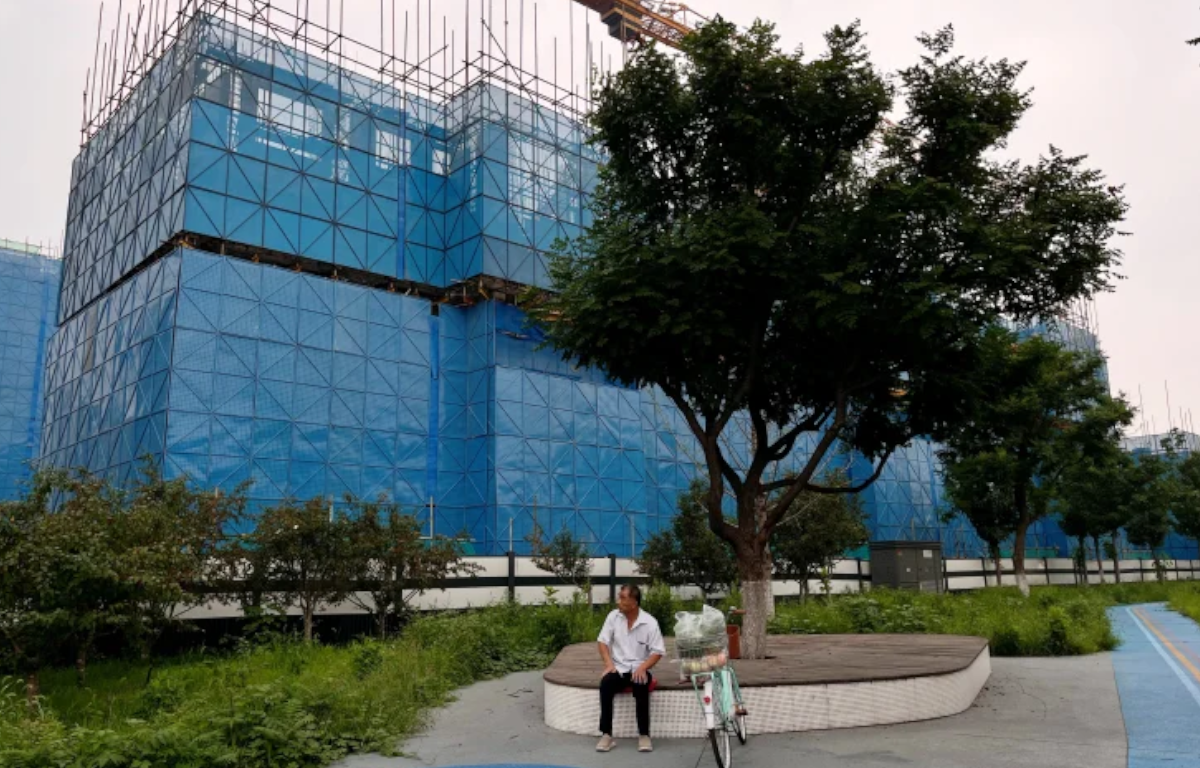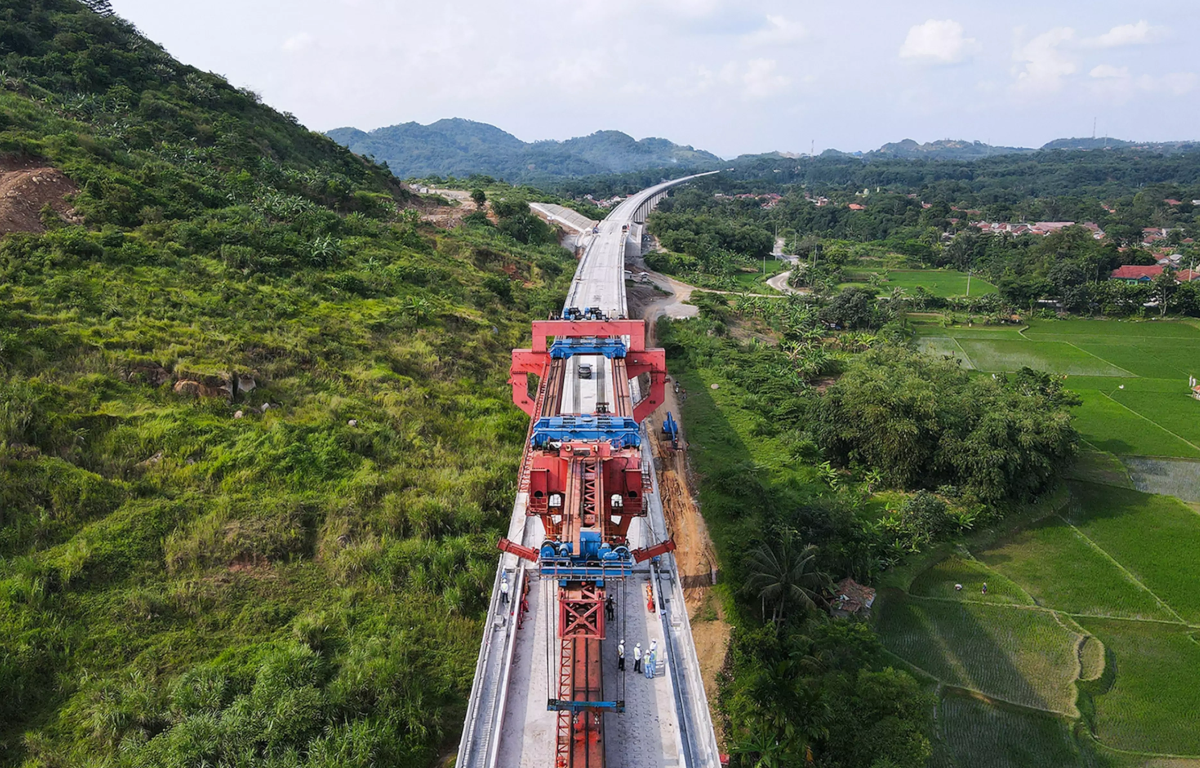
One of the primary drivers behind the exodus of capital from China is the series of regulatory crackdowns initiated by the government, led by President Xi Jinping. These stringent regulatory measures have impacted a range of sectors, from technology and finance to education. Investors have been unnerved by the unpredictability of these regulatory changes, leading to concerns about the stability and predictability of China’s business environment.
Another critical factor contributing to this capital flight is the uncertainty surrounding China’s property market. Traditionally considered a safe haven for investments, it has recently witnessed significant turbulence due to new regulations aimed at curbing speculation and ensuring affordable housing. This uncertainty has prompted many investors to explore diversification beyond Chinese borders.
China’s once-enviable economic growth has been gradually slowing down, attributed to various factors such as trade tensions with the United States, demographic shifts, and structural economic challenges. As a result, investors are increasingly looking to other countries with more promising growth prospects.
Furthermore, the assertive foreign policy pursued by the Chinese government, including territorial disputes and tensions with neighboring nations, has raised geopolitical risks. Investors are now factoring these risks into their capital allocation decisions, further contributing to the capital flight.
This exodus of capital from China has significant global implications. It has prompted multinational corporations to reevaluate their supply chain strategies, diversifying their manufacturing and sourcing to reduce reliance on Chinese production facilities. Emerging markets in Southeast Asia, India, and Latin America are becoming attractive destinations for foreign investment, potentially boosting economic development in these regions.
The outflow of capital places considerable pressure on Chinese authorities to address investor concerns. To maintain economic stability and attract foreign capital, China may need to reevaluate its regulatory approach, providing more transparency and predictability for businesses.
Lastly, the movement of capital out of China has reverberated through global financial markets. Investors reallocating their assets has led to fluctuations in asset prices, exchange rates, and interest rates worldwide. Financial institutions and investors are closely monitoring this shift as it has implications for their portfolios and risk management strategies.










Share this: